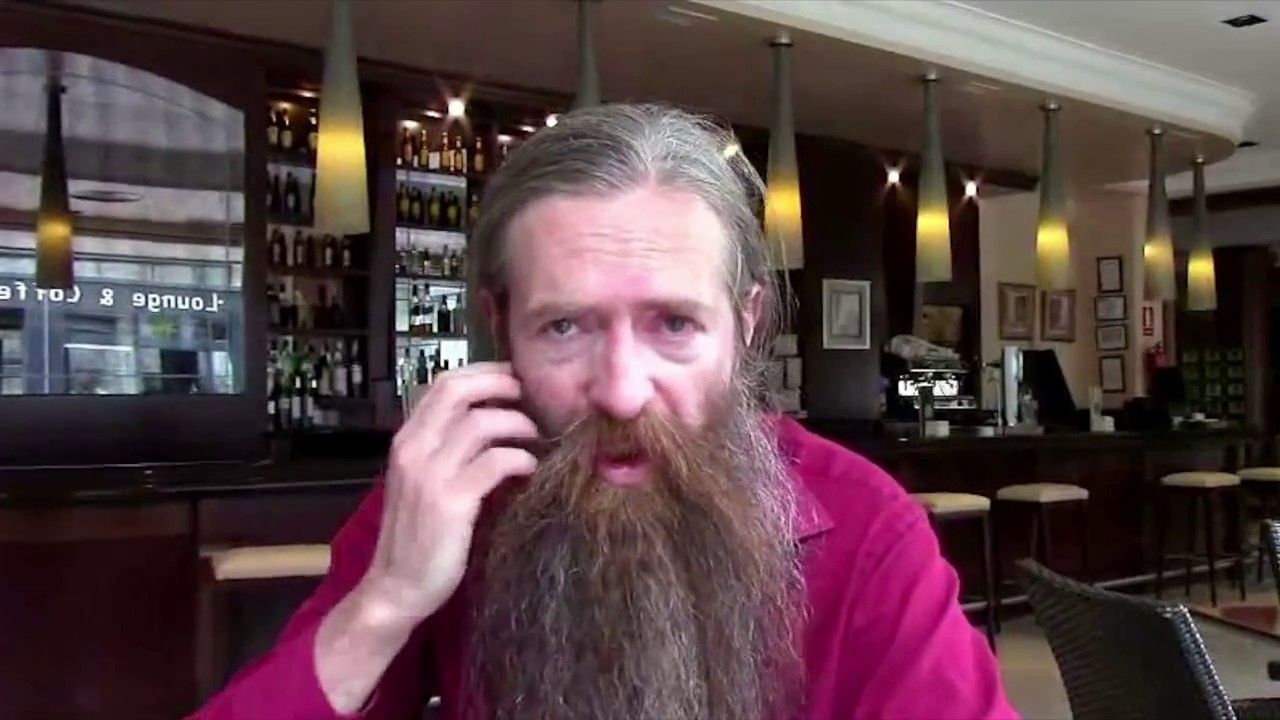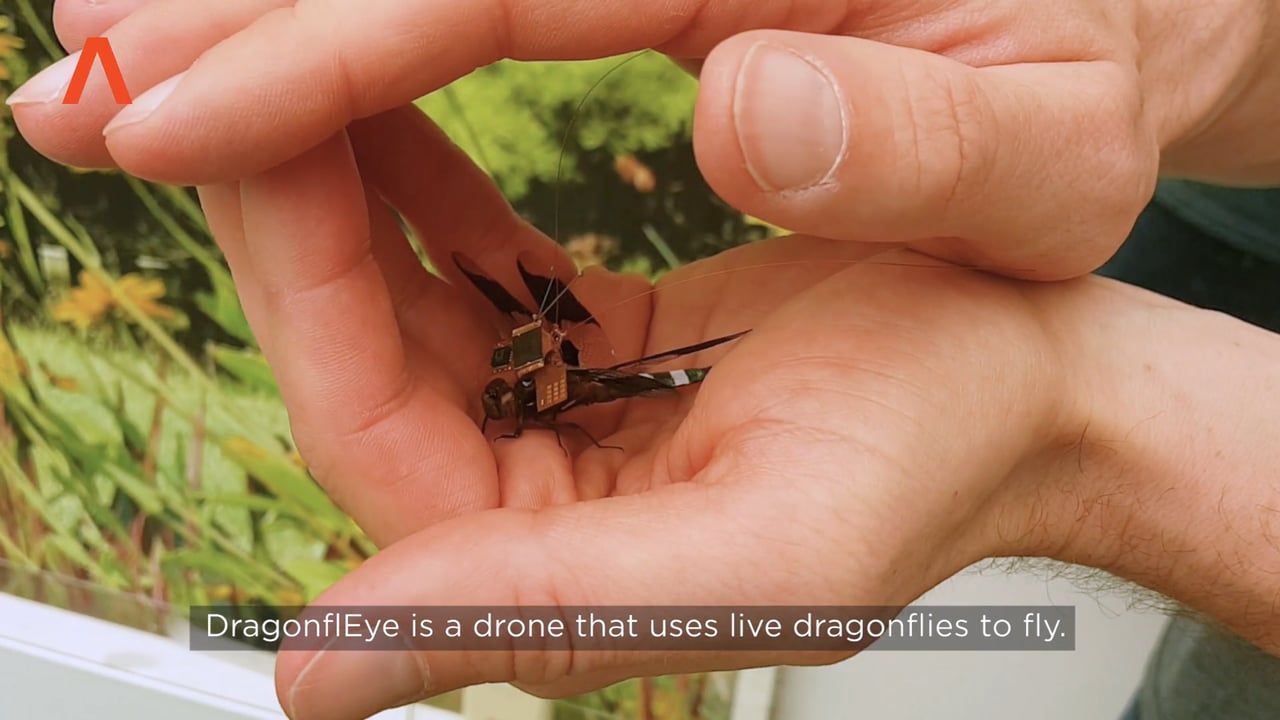Jun 4, 2017
X Prize assembled a supergroup of sci-fi authors to develop its next competitions
Posted by Klaus Baldauf in categories: biotech/medical, Peter Diamandis, space travel
The X Prize Foundation has launched a number of competitions over the years that includes everything from addressing water quality and women’s safety to exploring the depths of the ocean, to sending rovers to the moon. Now, it’s assembled a supergroup of some of the world’s best-known science fiction authors to help the organization imagine what the future will look like.
The Science Fiction Advisory Council is made up of 64 advisors, which includes some of the biggest names from the world of science fiction literature, film, and television: Charlie Jane Anders, Paolo Bacigalupi, Cory Doctorow, Neil Gaiman, David Goyer, Nancy Kress, Annalee Newitz, Larry Niven, Bruce Sterling, J. Michael Straczynski, Charles Stross, Andy Weir, and many others. Eric Desatnik, X Prize’s senior public relations director, told The Verge in an e-mail that he brought the idea of the advisory council to the foundation’s founder, Peter Diamandis last year, who “said yes before I could even finish my sentence.”
The goal, he explains, “is to accelerate positive change in the world by bringing together” people who have already been doing just that. He noted that several of the foundation’s projects, were inspired directly by science fiction stories, including this the tricorder-style device that was awarded a $2.6 million prize.


















